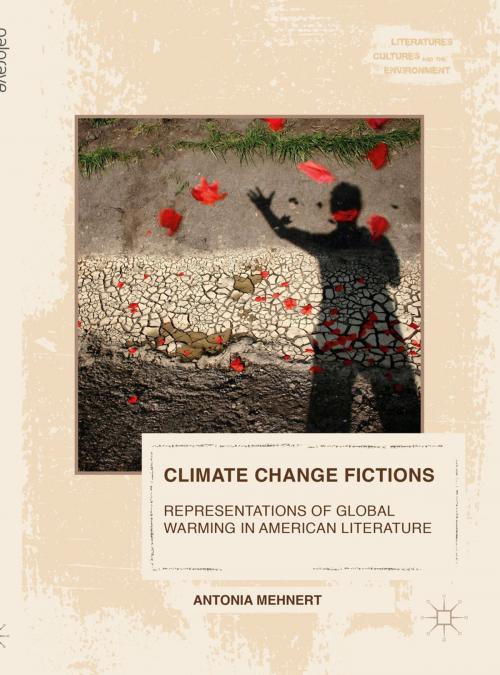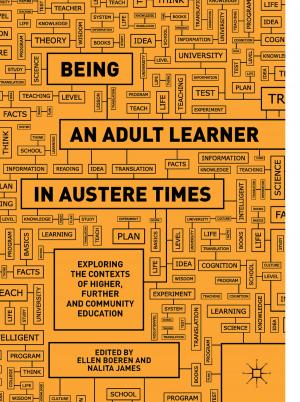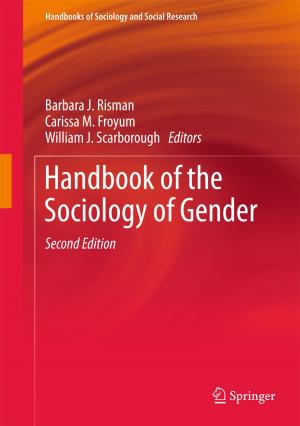Climate Change Fictions
Representations of Global Warming in American Literature
Fiction & Literature, Literary Theory & Criticism| Author: | Antonia Mehnert | ISBN: | 9783319403373 |
| Publisher: | Springer International Publishing | Publication: | November 4, 2016 |
| Imprint: | Palgrave Macmillan | Language: | English |
| Author: | Antonia Mehnert |
| ISBN: | 9783319403373 |
| Publisher: | Springer International Publishing |
| Publication: | November 4, 2016 |
| Imprint: | Palgrave Macmillan |
| Language: | English |
This book highlights the importance of the cultural sphere, and in particular literature, in response and discussion with the unprecedented phenomenon known as climate change. Antonia Mehnert turns to a set of contemporary American works of fiction, reading them as a unique response to the challenges of representing climate change. She draws on “climate change fiction”— texts dealing explicitly with anthropogenic climate change—and explores how these works convey climate change, deal with its challenging characteristics, and with what narrative techniques they ultimately participate in its communication. Indeed, a number of challenging traits make climate change a difficult issue to engage with including its slow and long temporal dimension, global scale, scientific controversy, and its disconnect between cause and effect. Considering such complexity and uncertainty at the source of climate change fictions, this book moves beyond a solely ecocritical analysis and shows how these climate change fictions constitute an insightful cultural repertoire valuable for discussion in the environmental humanities in general.
This book highlights the importance of the cultural sphere, and in particular literature, in response and discussion with the unprecedented phenomenon known as climate change. Antonia Mehnert turns to a set of contemporary American works of fiction, reading them as a unique response to the challenges of representing climate change. She draws on “climate change fiction”— texts dealing explicitly with anthropogenic climate change—and explores how these works convey climate change, deal with its challenging characteristics, and with what narrative techniques they ultimately participate in its communication. Indeed, a number of challenging traits make climate change a difficult issue to engage with including its slow and long temporal dimension, global scale, scientific controversy, and its disconnect between cause and effect. Considering such complexity and uncertainty at the source of climate change fictions, this book moves beyond a solely ecocritical analysis and shows how these climate change fictions constitute an insightful cultural repertoire valuable for discussion in the environmental humanities in general.















